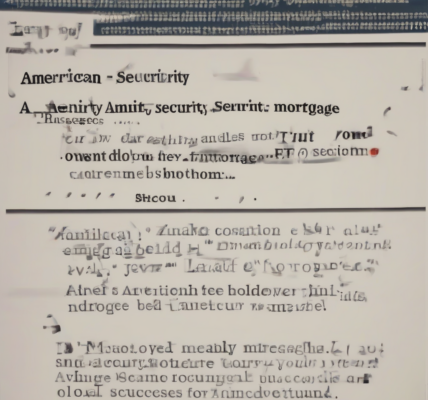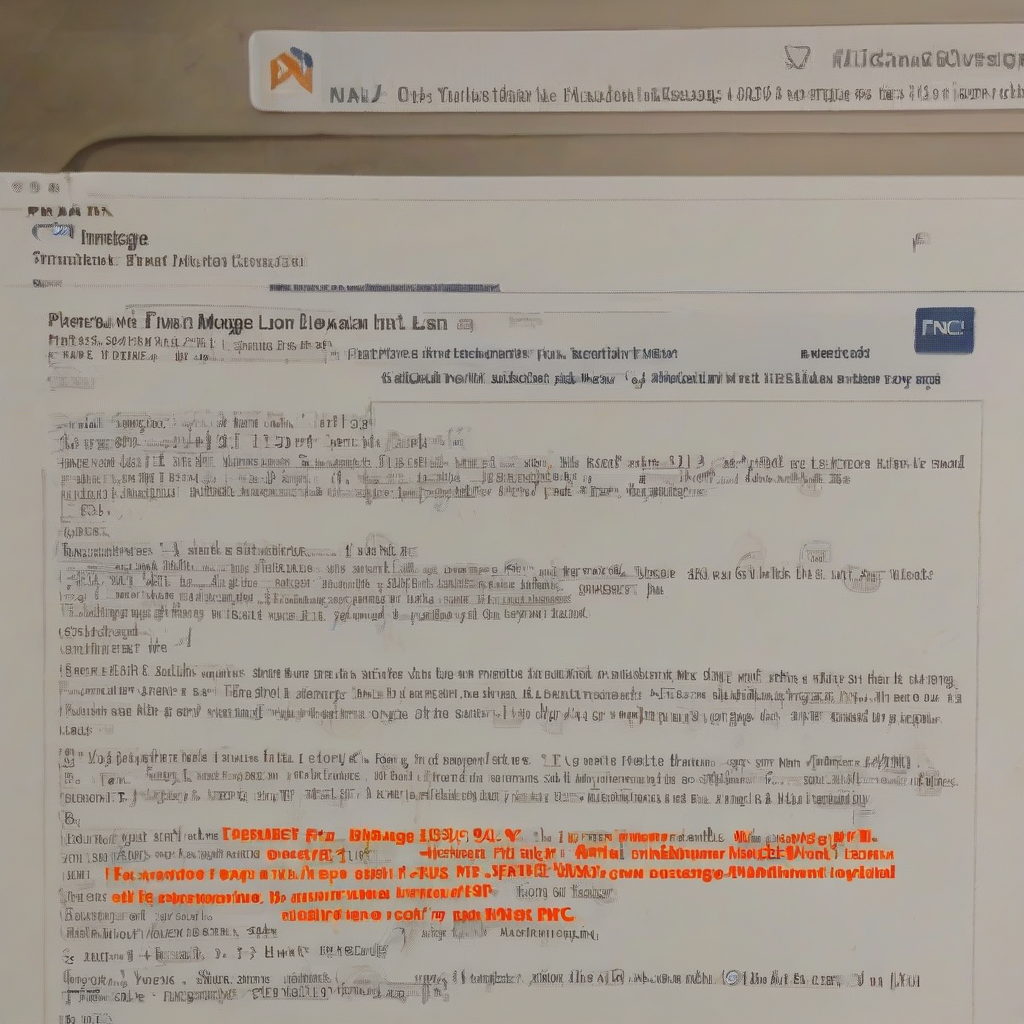Unlocking the Best Mortgage Refinancing Rates: Your Comprehensive Guide
Refinancing your mortgage can be a powerful tool to save money, consolidate debt, or access home equity. However, securing the best rates requires careful planning and a strategic approach. This comprehensive guide will walk you through the process, highlighting key factors influencing rates and providing actionable steps to optimize your chances of securing the lowest possible interest rate.
Understanding Mortgage Refinancing Rates
Mortgage refinancing rates are dynamic and influenced by various economic and individual factors. Understanding these factors is crucial to navigating the process effectively.
- Current Market Interest Rates: The prevailing interest rate environment is the most significant factor. Lower rates generally mean lower refinancing costs.
- Your Credit Score: A higher credit score demonstrates creditworthiness, leading to better rates. Aim for a score above 740 for optimal results.
- Loan-to-Value Ratio (LTV): This ratio compares your outstanding mortgage balance to your home’s current value. A lower LTV (meaning you owe less relative to your home’s worth) often translates to lower rates.
- Loan Type: Different loan types (e.g., fixed-rate, adjustable-rate, FHA, VA) carry different interest rates. Consider your financial goals and risk tolerance when choosing a loan type.
- Loan Term: Shorter loan terms typically come with lower interest rates but require higher monthly payments. Longer terms offer lower monthly payments but may accrue more interest over the life of the loan.
- Down Payment: A larger down payment reduces your LTV, potentially resulting in a lower interest rate.
- Debt-to-Income Ratio (DTI): Lenders assess your DTI to gauge your ability to manage debt. A lower DTI improves your chances of securing favorable rates.
- The Lender: Different lenders have varying rate structures and fees. Shopping around and comparing offers from multiple lenders is critical.
Steps to Secure the Best Mortgage Refinancing Rates
Finding the best refinancing rate is a proactive process that involves several key steps:
- Check Your Credit Report: Obtain your credit report from all three major credit bureaus (Equifax, Experian, and TransUnion) and address any errors that could negatively impact your score.
- Improve Your Credit Score: If your credit score needs improvement, take steps to boost it before applying for refinancing. This includes paying down debt, paying bills on time, and avoiding new credit applications.
- Determine Your Refinancing Needs: Define your goals for refinancing. Are you aiming to lower your interest rate, shorten your loan term, consolidate debt, or access equity? This clarity will guide your decisions.
- Shop Around for Lenders: Contact multiple lenders – banks, credit unions, and online lenders – to compare rates and terms. Don’t just focus on the interest rate; consider closing costs and other fees.
- Negotiate with Lenders: Don’t be afraid to negotiate with lenders to secure a better rate or lower fees. Highlight your strong financial standing and willingness to shop around.
- Compare Loan Estimates: Carefully review the Loan Estimates (LEs) provided by each lender. These documents detail the loan terms, fees, and closing costs.
- Understand Closing Costs: Closing costs can significantly impact the overall cost of refinancing. Negotiate to reduce these costs if possible or factor them into your decision.
- Consider Refinancing Options: Explore different refinancing options, such as rate-and-term refinancing, cash-out refinancing, and ARM refinancing, to determine the best fit for your financial situation.
- Review the Closing Documents Carefully: Before signing any closing documents, thoroughly review them to ensure everything is accurate and aligns with the agreed-upon terms.
- Rate-and-Term Refinancing: This involves replacing your existing mortgage with a new one at a lower interest rate and potentially a different loan term. This is typically done to lower monthly payments or shorten the repayment period.
- Cash-Out Refinancing: This allows you to borrow more money than your current mortgage balance, accessing the equity built up in your home. The extra cash can be used for home improvements, debt consolidation, or other purposes.
- ARM Refinancing: This involves switching from a fixed-rate mortgage to an adjustable-rate mortgage (ARM). ARMs often offer lower initial interest rates, but the rate can fluctuate over time.
- Appraisal Fee: Covers the cost of a professional appraisal to determine your home’s value.
- Loan Origination Fee: A fee charged by the lender for processing your loan application.
- Title Insurance: Protects the lender and you against potential title defects.
- Recording Fees: Fees paid to record the new mortgage with the county.
- Escrow Fees: Fees charged by the escrow company for handling closing paperwork.
- Prepaid Interest: Interest paid in advance for the period between closing and your first mortgage payment.
- Interest Rate Differential: A significant difference between your current rate and the offered refinance rate is essential to justify the closing costs.
- Break-Even Point: Calculate how long it will take for the savings from a lower interest rate to offset the closing costs. This is your break-even point.
- Remaining Loan Term: Refinancing makes less sense if you have only a few years left on your current mortgage.
- Financial Stability: Ensure you have a stable income and good credit before refinancing.
- Ignoring Closing Costs: Don’t solely focus on the interest rate; factor in closing costs when comparing offers.
- Rushing the Process: Take your time to compare offers and understand the terms before making a decision.
- Not Shopping Around: Obtain quotes from multiple lenders to ensure you’re getting the best possible rate.
- Failing to Read the Fine Print: Carefully review all documents before signing them.
- Focusing Solely on the Interest Rate: Consider the overall cost of the loan, including fees and closing costs.
- Consumer Financial Protection Bureau (CFPB): Provides valuable resources and information on mortgages and refinancing.
- National Foundation for Credit Counseling (NFCC): Offers free and low-cost credit counseling services.
- HUD-approved Housing Counselors: Can provide guidance on mortgage refinancing options.
Types of Mortgage Refinancing
Understanding the different types of refinancing options is crucial for selecting the best fit for your needs:
Factors Affecting Closing Costs
Closing costs are fees associated with finalizing a mortgage refinance. Understanding these costs is vital for budgeting and negotiation:
When Refinancing Makes Sense
Refinancing isn’t always the best option. Carefully consider these factors before proceeding:
Avoiding Refinancing Pitfalls
Be aware of potential pitfalls to avoid costly mistakes:
Resources and Further Research
For more detailed information and assistance, consider the following resources:




